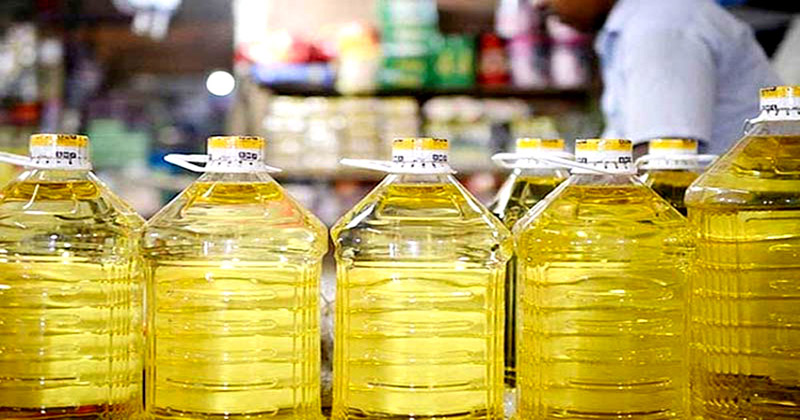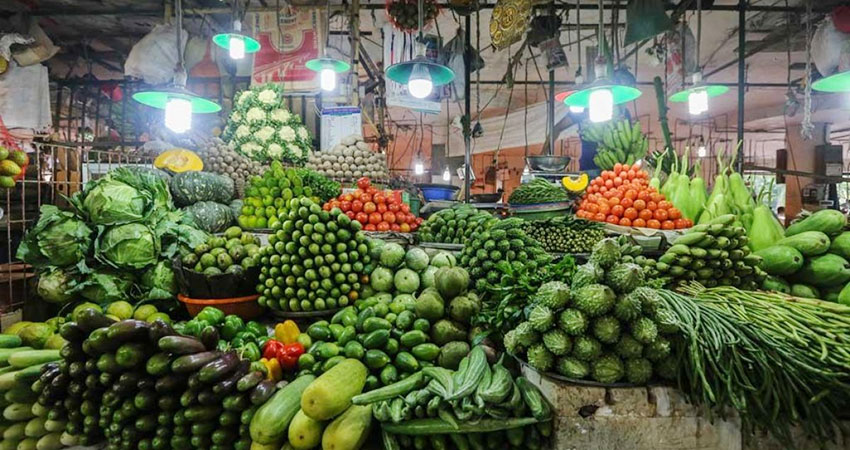Six business chambers in Bangladesh have urged the government to strongly pursue the extension of Black Sea Grain Initiative (BSGI) agreement, terming it a vital lifeline for global food security.
The BSGI deal negotiated by the United Nations and Turkey allows Ukraine to export millions of tons of grain through the Black Sea amid the ongoing war with Russia.
In a joint statement on Tuesday, six business entities, including the Federation of Bangladesh Chambers of Commerce and Industry (FBCCI), the International Chamber of Commerce – Bangladesh (ICC-B), the Metropolitan Chamber of Commerce and Industry (MCCI), the Dhaka Chamber of Commerce and Industry (DCCI), the Chattogram Chamber of Commerce and Industry (CCCI), and the Foreign Investors Chamber of Commerce and Industry (FICCI) have urged for an extension to the deal.
They said Bangladesh and other countries would face risks if the initiative is not renewed.
Md Jashim Uddin, president of the FBCCI, Mahbubur Rahman, president of the ICC-B, Md Saiful Islam, president of the MCCI, Sameer Sattar, president of the DCCI, Mahbubul Alam, president of the CCCI and Naser Ezaz Bijoy, president of the FICCI, signed the statement.
The BSGI has facilitated, to date, more than 32 million metric tonnes of foodstuffs to be exported from three Ukrainian ports to 45 countries across three continents – with the proportion of wheat exported through the Black Sea to least developed economies remaining largely unchanged from pre-war levels. As a direct result of this trade through the Black Sea – as well as exports of food and fertilizers from the Russian Federation – the Food and Agriculture Organization reports that global food prices have dropped by 22% since March 2022.
Crucially, the World Food Programme is once again procuring wheat from Ukraine at the same volumes as in 2021 – purchasing nearly 700,000 tonnes through the Black Sea Grain Initiative to support humanitarian operations in Afghanistan, Ethiopia, Kenya, Somalia, Sudan and Yemen.
Continued facilitation of Ukrainian and Russian exports of food and fertilizers thus remains crucial to global food security. By extension, any lapse in the BSGI risks severely jeopardising the availability and affordability of food for millions around the world: a situation that will have truly damaging social, economic and – above all – human consequences.



















